I am overwhelmed by the 17 tine kalimba – what can I do?
I really want to play kalimba! I previously purchased a 17 key kalimba and ended up giving it away because I was overwhelmed. I wanted to know what you could suggest for me.
I really want to play kalimba! I previously purchased a 17 key kalimba and ended up giving it away because I was overwhelmed. I wanted to know what you could suggest for me.
How should I color the tines on my 17-Note kalimba?
Why are some of the tines on the kalimba painted? There are many reasons
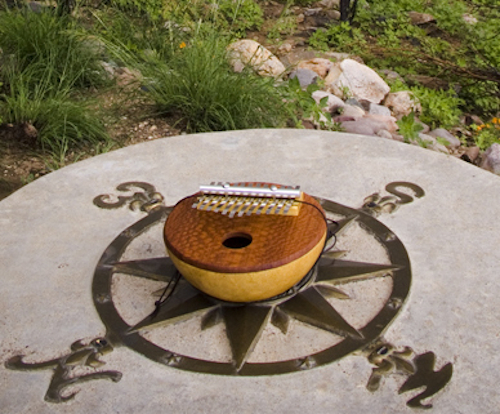
“Learning to play kalimba,” says Andrew Tracey, son of Hugh Tracey, who in the 1950’s created and gave the world a kalimba that the western ear could understand, “is best done by learning from someone who knows how to play kalimba.” But what if you don’t know anyone who plays the kalimba?
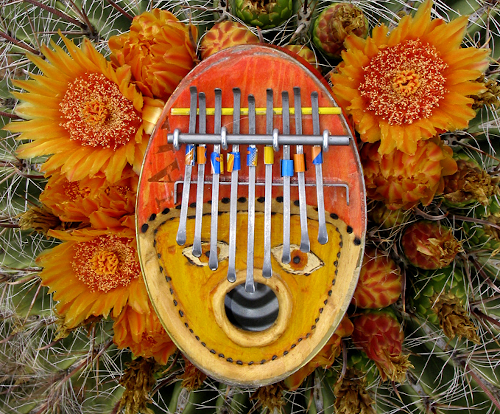
The kalimba is one of those rare instruments that you can play without really knowing anything about music or anything about the instrument. There are certain “rules of thumb” you can learn, and you can sound really good armed with those and a bit of confidence.
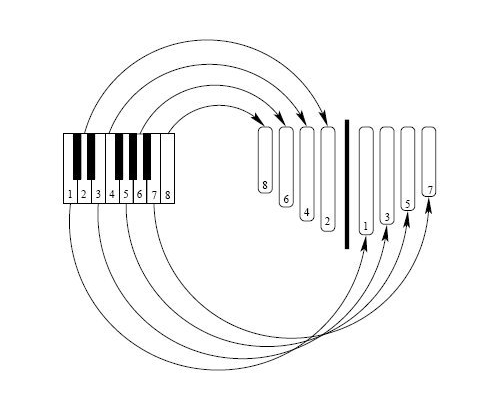
If you know very little about the kalimba, start here! We’ll introduce you to some important things to know about the kalimba, including how to tune it, how to fix a buzz, and what the different parts are called. This is your crash course on all things kalimba!
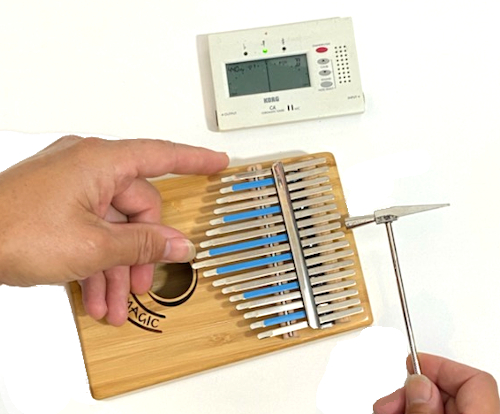
The most important thing you can do to sound good is to keep your kalimba in tune. If anyone tells you that kalimba tuning doesn’t matter, don’t believe them! Tunings were passed down in African villages from generation to generation. Of course, it is easier if you use an electronic tuner!
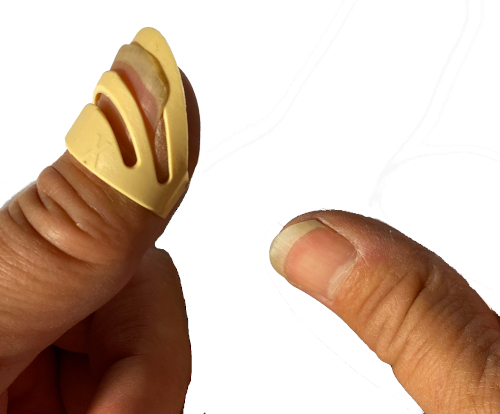
For centuries, kalimba players have grown their thumbnails long to help them play for hours without pain. But what if you don’t have that kind of thumbnail? Read and learn! Alaska piks are an easy pain free alternative… or have you tried super glue on your nails?
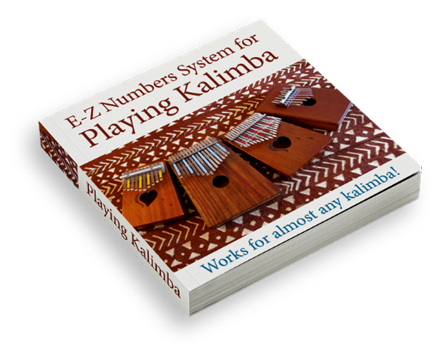
Sign up for our newsletter and free resources with your email address:
We pinky promise not to spam you and to only send good stuff.
 Assist Paul Tracey Rebuild His House in Pacific Palisades
Assist Paul Tracey Rebuild His House in Pacific Palisades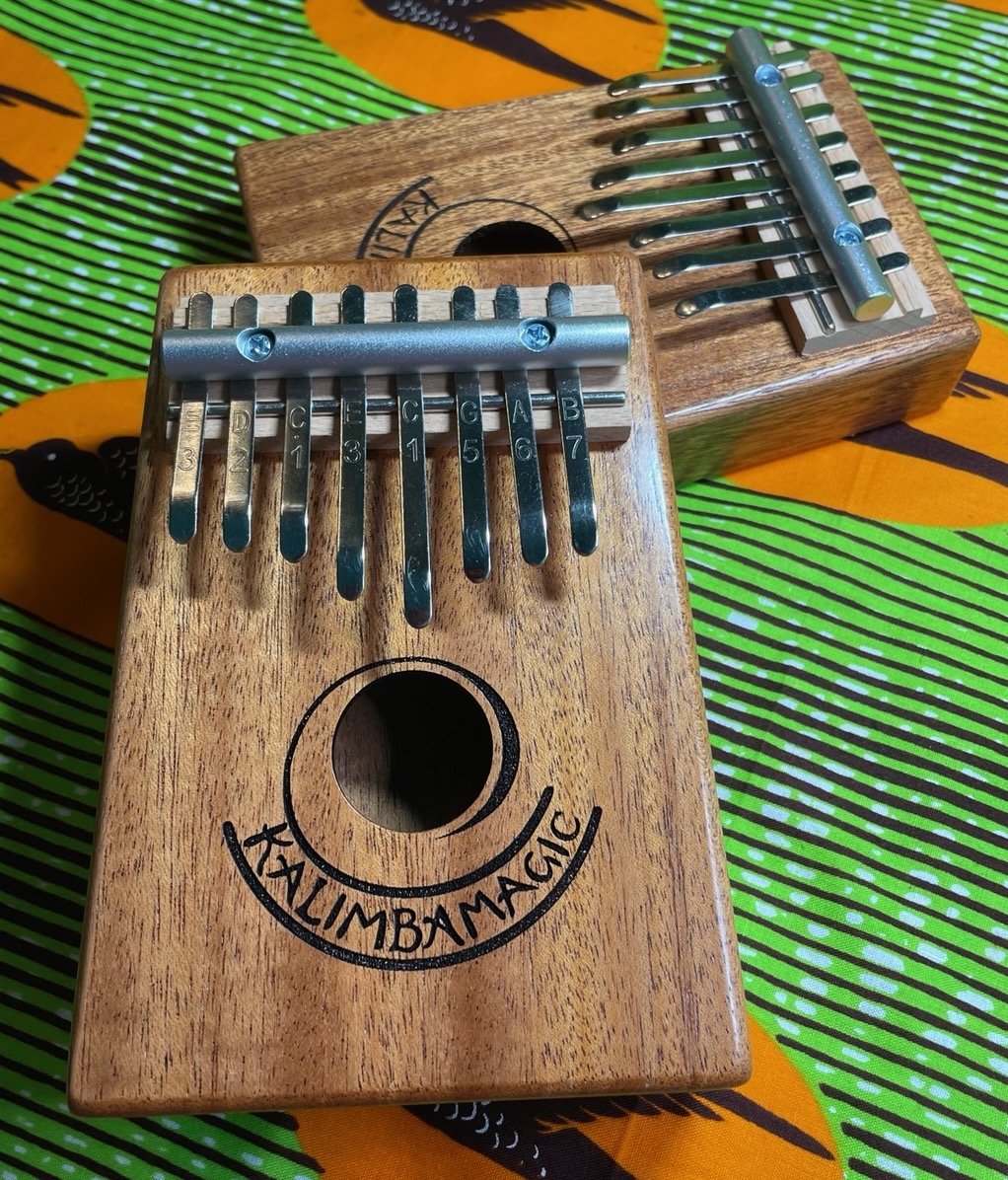 8-Note Spiral Kalimba Turned into a Student Karimba
8-Note Spiral Kalimba Turned into a Student Karimba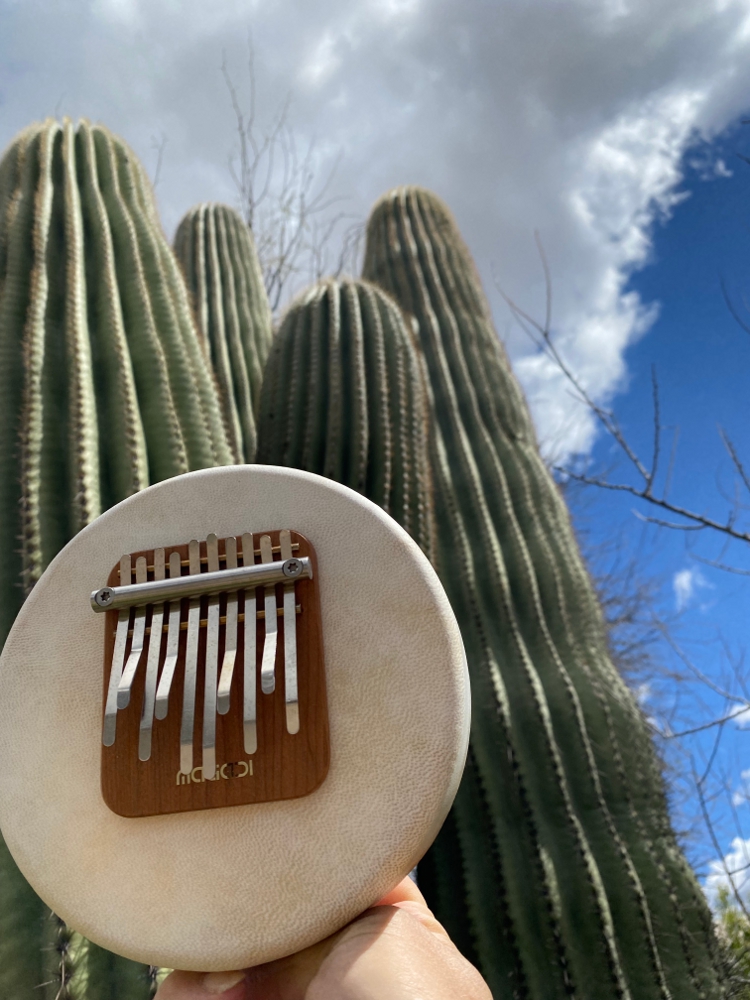 Seek to Infuse Your Musical Moments With Beauty and Magic
Seek to Infuse Your Musical Moments With Beauty and MagicUse of this website constitutes acceptance of the Privacy Policy and User Agreement. Copyright © 2020 Kalimba Magic. All Rights Reserved.